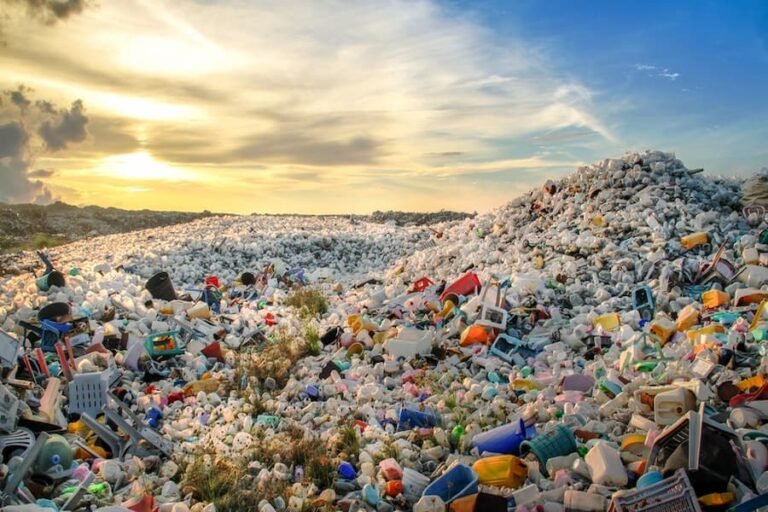Effective waste management is necessary for construction projects, home renovations, and extensive cleanouts. Proper methods of disposal can help you save time and money but also properly take care of your waste materials. Large-scale proper waste disposal is important due to several reasons that is it helps in preventing environmental degradation by ensuring that all the waste does not pollute the soil or the sources of water. Sustainable waste practices reduce the negative impacts on your company.
Furthermore, compliance with local and federal legislation is required; laws do change over time. Partner with a professional waste management service like cheap skip hire Manchester to keep your business informed about the legal requirements for responsible waste management and to keep you within regulation during all times, including the busiest. Investing in a well-planned waste management strategy also helps in reducing potential risks contributing to a smoother and more sustainable operation. In this article, we’ll brief you on how to manage large-scale waste projects.
Waste Assessment
Start with a detailed waste assessment to determine the types and volumes of waste the project will generate. Analyze the potential needs of recycling and disposal. This would ensure that proper planning is done to allocate the appropriate resources that may be required, such as skip sizes and numbers. A detailed assessment can also list the opportunities for reuse, and thus help in the reduction of overall waste disposal costs. Waste is of different types and each one of these has its own cracteristcs and recycling process. That is why we need the assessment of waste
Select Methods of Disposal Appropriately
Depending on the type of waste you will be dealing with, consider the most viable means of waste disposal. For example, a good ‘skip hire Wigan’ partner will help you dispose of waste at the site efficiently. Your preferred methods of disposal should meet both the needs of the project and those of environmental care. Consider any specialised waste collection options, like hazardous waste, and take an eco-friendly approach wherever possible.
Installation of an Effective Waste Segregation System
Establish a proper waste segregation system at the site of construction right from the very start. Materials such as recyclables, hazardous wastes, and general debris sorted at the source will ensure smooth processing and reduction of disposal costs. This will minimise the chances of contamination and also any legal implications due to improper waste disposal. Worker training in maintaining segregation practices will help in overall project efficiency and conformance to local regulations related to waste management.
Use Technology to Track Waste
Real-time waste tracking technology helps in keeping tabs on the generation of waste for the project. It helps in maintaining the timelines for disposal and always meeting the environmental regulations of waste disposal. Such systems can provide valuable data on how best to reduce, recycle, and reuse waste materials toward the accomplishment of your project goals. Besides that, the technology-based monitoring tool provides insight into areas of improvement in streamlining the overall process of waste management and avoiding project delays due to waste overflow.
Focus on Sustainability
The aspect of sustainability is a crucial ingredient of any form of waste management practice. It should include reusing and recycling to the maximum limit of possibility. Such practices reduce landfill waste disposal and can help in decreasing waste disposal costs. Engage in contracts with numerous recycling agencies that can convert materials such as metals, plastic, and wood into useful items. Ensure environmentally friendly training for your crew personnel in terms such as minimising non-recyclable material. This can lead to success in environmental performance associated with your project and thereby help in achieving your organisational goals on sustainability.
Conclusion
Effective waste management is essential for minimising environmental impact and ensuring regulatory compliance. Waste management can be aptly executed by implementing proper waste assessment, selecting apt disposal methods, correct segregation systems, deploying technology, and striving towards sustainability of the environment. This would further be enhanced through partnering with professional services along with undertaking eco-friendly approaches for better outcomes on cost reductions and efficiency and leaving a positive environmental footprint. As such, embracing practices will contribute to the successful management of large-scale waste projects and support the desire for long-term sustainability goals.
Visit Theessport for more interesting blogs.

